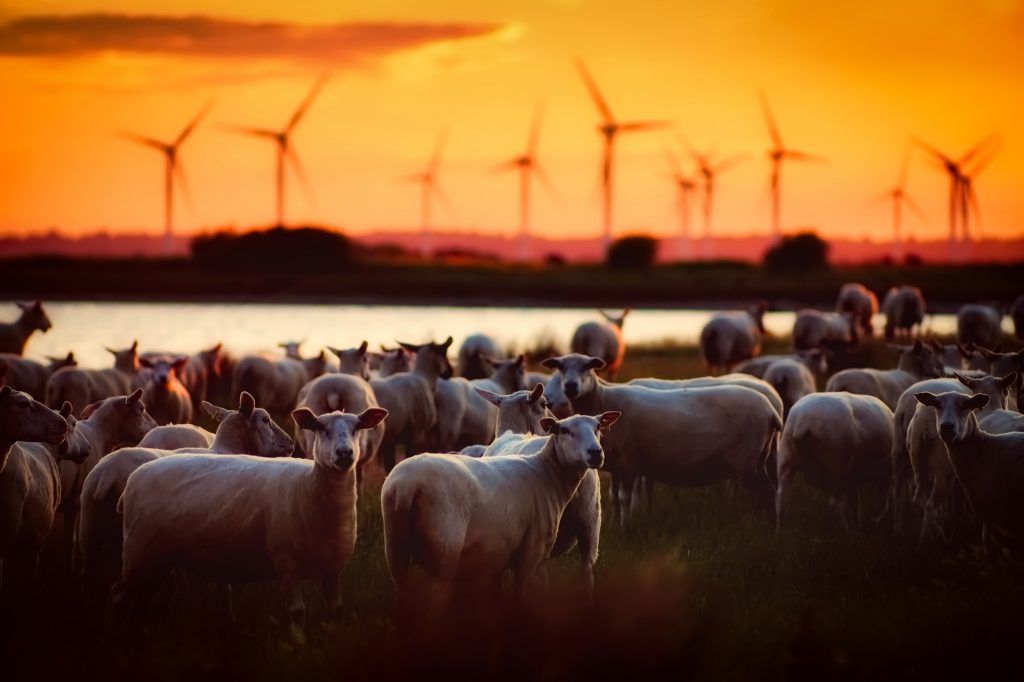The wrong spin on wind power
By Thomas Gaulkin | October 8, 2018
 Headlines suggested wind turbines cause global warming. They're wrong. (Pixabay)
Headlines suggested wind turbines cause global warming. They're wrong. (Pixabay)
The main job of a science journalist is usually to explain what scientists’ latest discoveries mean for the wider public. Once in a while, the bigger story is explaining what they don’t.
“Wind turbines contribute to climate change.”
“Wind power can raise global temperatures.”
“Wind farms might heat up the planet, after all.”
“Science says: wind power blows.”
Headlines like these announcing a set of findings on wind power sent some publications scrambling to preempt interpretations that wind energy is a lost cause. In a pair of studies published this week in Joule and Environmental Research Letters, Harvard researchers Lee Miller and David Keith looked at years of data on wind-generated electricity and the locations of existing turbines to better understand the potential drawbacks of relying on wind for renewable energy.
The study in Joule simulated the impact of covering enough territory in the United States with wind farms to meet the entire country’s electricity needs. The authors explained that the churning effect of turbine blades on surface air could warm the continental US by 0.24 degrees Celsius. That exceeds the expected reduction in temperatures achieved by reducing emissions over the next century, and could have harmful local effects, but it would not contribute to average global temperatures as greenhouse gases do.
The second study validated assumptions made in the simulation about wind power generation by calculating the efficiency of real world turbine deployments, and comparing that against solar power. Miller and Keith determined that solar systems are 10 times more productive than wind within an equivalent area of land, indicating the environmental footprint of widespread wind power might be much greater than previously understood.
Nowhere in either study is there a suggestion that wind turbines cause climate change, increase global temperatures, or diminish the benefit of shifting away from fossil fuels. “Wind’s overall environmental impacts are surely less than fossil energy,” the authors wrote. “Yet, as the energy system is decarbonized, decisions between wind and solar should be informed by estimates of their climate impacts.”
That’s a far cry from saying “wind power blows.” But in these turbulent times, expecting every media outlet to report science accurately is like spitting in the—you know.
Publication Name: Joule
To read what we're reading, click here
Together, we make the world safer.
The Bulletin elevates expert voices above the noise. But as an independent nonprofit organization, our operations depend on the support of readers like you. Help us continue to deliver quality journalism that holds leaders accountable. Your support of our work at any level is important. In return, we promise our coverage will be understandable, influential, vigilant, solution-oriented, and fair-minded. Together we can make a difference.
Topics: Climate Change, What We’re Reading














